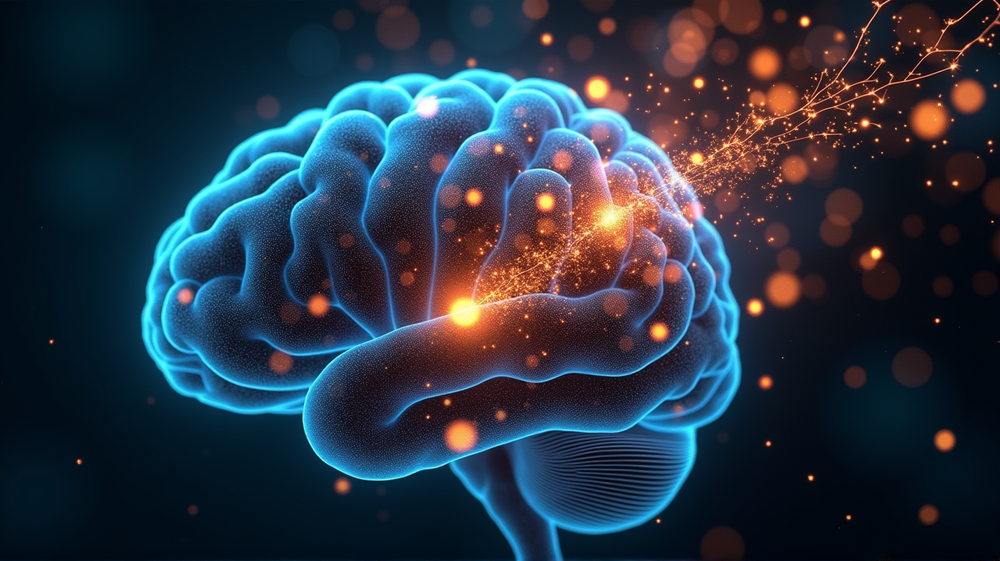Dopamine Surge: Understanding Cannabis Use Disorder and Its Psychotic Risks
In the wake of cannabis legalization, new research highlights a compelling link between cannabis use disorder and elevated dopamine levels in the brain. According to a study published in JAMA Psychiatry, this connection may heighten psychosis risk, unveiling critical insights into mental health ramifications.
The Study’s Geographic Footprint
Conducted in London, Ontario, this groundbreaking study involved 61 participants aged 18 to 35. Researchers from Western’s Schulich School of Medicine & Dentistry and the London Health Sciences Centre Research Institute spearheaded the investigation, examining both cannabis users and non-users.
Dopamine: The Brain’s Chemical Messenger
Dopamine, a key neurotransmitter, is crucial for motivation, mood, and learning. Excess dopamine, however, can disrupt normal brain functions, increasing psychosis risk. Using neuromelanin-sensitive MRI technology, scientists assessed dopamine activity by identifying black spots left by neuromelanin, a marker linked to dopamine overflow.
Findings that Confirm Clinical Observations
Lead researcher Lena Palaniyappan remarked on the direct correlation between cannabis and excess dopamine production. “This is the first direct evidence connecting cannabis to psychosis through dopamine changes,” she notes. This discovery provides a “smoking gun” for what clinicians observe in practice, as emphasized by Dr. Julie Richard from LHSC’s PEPP program.
Implications for Younger Generations
As cannabis continues to grow in popularity, particularly among adolescents, findings stress the importance of awareness. Since legalization, clinicians have observed increases in cannabis-induced psychotic episodes in youths. Early intervention is crucial as repeated exposure could trigger more severe episodes.
Broader Impact and Future Directions
Jessica Ahrens, a PhD candidate and lead author, urges patients and healthcare providers to consider alternatives to cannabis. Betsy Schaefer, study co-author, emphasizes the need for public health policies supporting safe, evidence-based cannabis use.
As stated in Technology Networks, the study’s outcomes encourage further research, striving for improved mental health support and informed cannabis use in society. Republished with permission, this pivotal study unravels the association between cannabis and psychosis, underscoring the intricate role of dopamine.
This is a vital step forward in understanding cannabis’s health effects, already manifesting in emergency wards and beyond. What findings await as research continues to shed light on cannabis’s impact on the human brain? Stay tuned.




